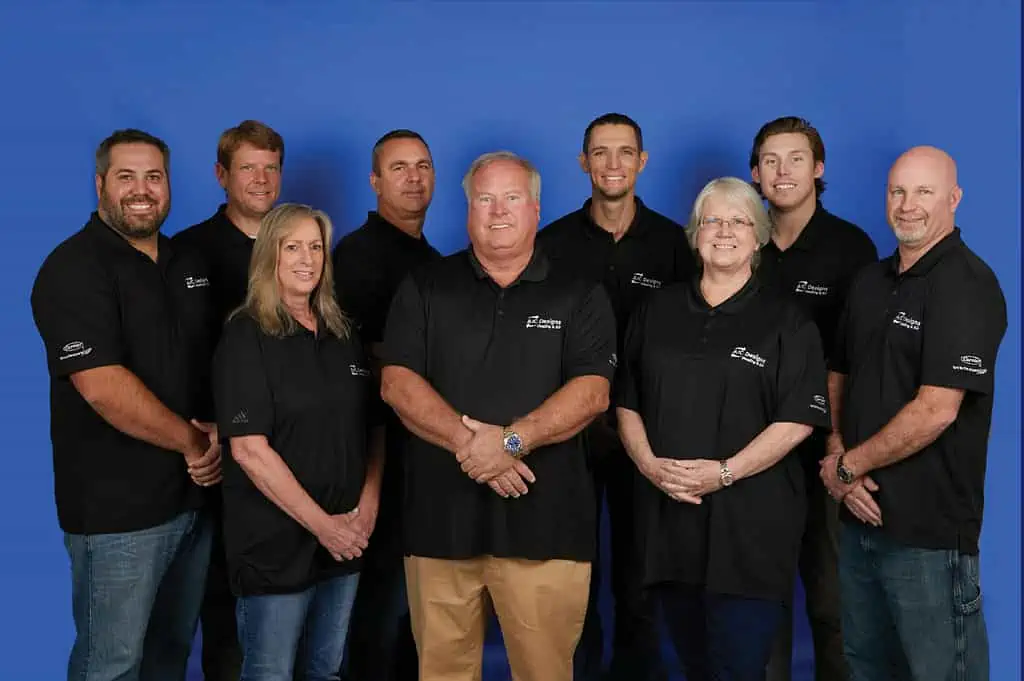When problems occur with your air conditioning system, you may begin to worry that the AC system itself needs replacement. And often, an AC needs replacement because the compressor has gone bad. The compressor is one of the most important—and costly—parts of your air conditioning system, so you want to protect it as much as possible to prevent an air conditioning replacement. In this guide, we’ve got some advice for you to prevent compressor damage, and how to tell if your compressor might be in trouble.
Preventing AC Repair
The compressor is responsible for adding pressure to the refrigerant so that it can pump through the indoor and outdoor portions of the system. When refrigerant cannot pump through the system to absorb and dissipate heat, the unit simply cannot operate.
The best way to keep the compressor from running into trouble is making sure the system gets plenty of attention from professional technicians. If the air conditioner is not installed properly, the compressor can become overworked. In fact, anytime a part runs into trouble, your compressor has to work overtime to keep you cool. That’s why you should schedule regular AC maintenance and call for repairs at the very first signs of trouble.
Signs that the Compressor Is in Trouble
If your compressor runs into issues, you’re likely to notice performance issues with your AC. Signs that the compressor may be in trouble could include any of the following:
- No Cooling
- Reduced Cooling
- Warm Air
- Banging Noises
- Hissing Sounds
All of these signs could be indicative of another issue, so you should always consult a professional before jumping to any conclusions.
When you call the air conditioning repair specialists at AC Designs Inc., you can count on our reliable staff to thoroughly assess your system and evaluate whether or not the system can be repaired before recommending replacement. Call us today for air conditioning repair in the Jacksonville, FL area.

